Surgeons at MUSC
Continue To Change What’s Possible
Discover More

Featured Videos |view more
 Video
Video
Rare and Extensive Brain Infection Prompts Massive Collaboration to Save Teenager’s Life
Pediatric neurosurgeon Ramin Eskandari, M.D., discusses an extremely rare and extensive brain infection in a teenage patient and shares the lessons learned by medical and surgical teams working to save the patient’s life and brain function.
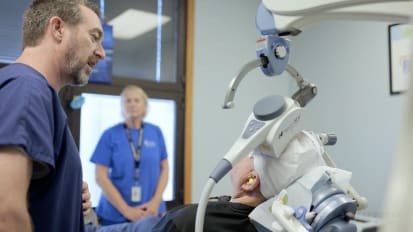 Video
Video
Transcranial Magnetic Stimulation for Major Depressive Disorder
Medication isn’t always successful for people with major depressive disorder, but TMS can help. Baron Short, M.D., MSCR, is the medical director for MUSC Health’s Brain Stimulation Service, and he says patients report more energy and an ...
 Podcast
Podcast
Your nose, tongue, face, and throat. You may not think of cancer lurking in these places, yet many head and neck cancers originate here.
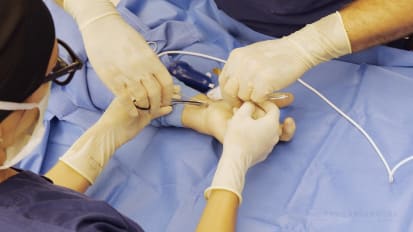 Video
Video
Treating Carpal Tunnel Syndrome Outside the OR Shortens Procedure and Recovery Times
M. Lance Tavana, M.D., an associate professor at MUSC and program director for the MUSC integrated plastic surgery residency, performs endoscopic carpal tunnel release in an outpatient facility instead of the operating room, allowing patients ...
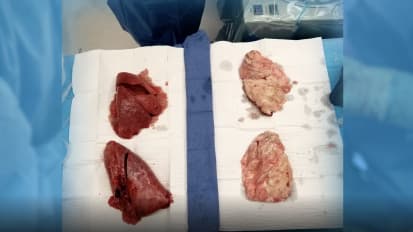 Video
Video
MUSC Expands Transplant Program with First Pediatric Lung Transplant Case
Barry Gibney, D.O., surgical director of the MUSC Lung Transplant Program, and Zubair Hashmi, M.D., a cardiothoracic surgeon at MUSC, led the transplant team.
 Video
Video
Robotically Assisted Pediatric Spinal Fusion Improves Accuracy, Safety and Outcomes
Robert Murphy, M.D., chief of pediatric orthopaedic surgery and associate professor of orthopaedics and physical medicine at MUSC, discusses how he uses Medtronic’s Mazor X robotic system to improve implant accuracy, patient safety, and ...
Featured CME |view more
 Course
Course
At the end of this presentation, learners should be better able to: Differentiate the diagnostic and treatment differences between asthma and COPD; Apply single maintenance and reliever therapy (SMART) in an asthma practice; Choose appropriate ...
Featured Articles |view more
 News
News
Researchers at MUSC suggest looking at the patient as a whole rather than BMI alone when determining surgery eligibility
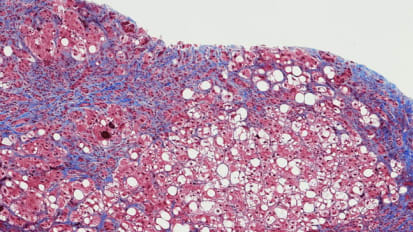 News
News
Researchers at MUSC study the extracellular vesicles of fibrosis & find potential avenue for treatment therapeutic
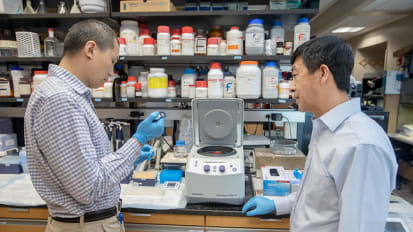 News
News
MUSC researchers have identified a novel biomarker that could change the way sepsis is approached and treated. Sepsis, the leading cause of death in intensive care units, is the body’s extreme response to an infection and can lead to organ damage and failure.
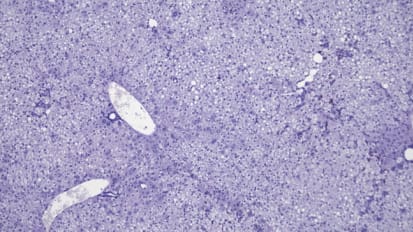 News
News
Researchers identified potential novel inhibitors for the treatment of familial hypercholesterolemia
 News
News
Bare minimum reimbursement rates could be a factor in why some clinics may be struggling to offer HPV vaccination in the U.S.
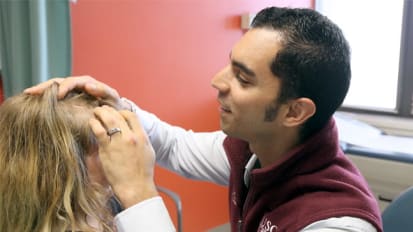 News
News
Easy and sustainable action leaves families less fearful, more empowered








